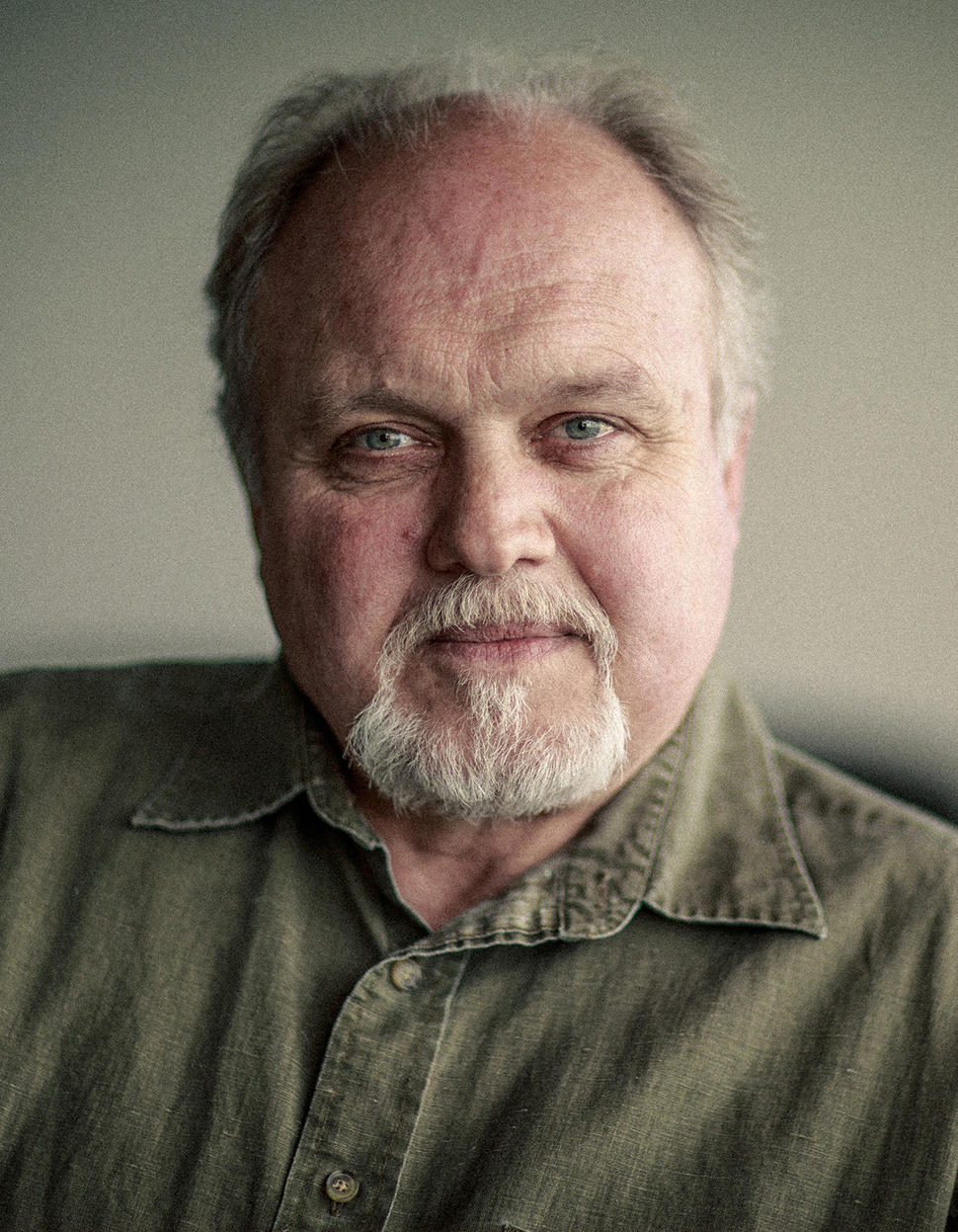Colon cancer has run in Gregg’s family for generations, and it caused his mother’s death when she was only 47 years old.
No one knew why the risk of this cancer was so high in his family or how to prevent it. All that changed in 1991, when NCI-funded researchers identified the APC gene, which, when mutated, greatly increases the risk of colon cancer. They used the Utah Population Database to trace the mutated gene to a family that had settled there in the 1850s.
It turned out that Gregg and half of his relatives had the APC mutation and a condition called familial adenomatous polyposis (FAP), in which numerous polyps form in the colon beginning at an early age. In the past, Gregg’s colonoscopies typically revealed hundreds of polyps, with dozens of advanced ones that needed to be removed.
Recently, he participated in an NCI-funded phase 2 clinical trial at the Huntsman Cancer Institute at the University of Utah evaluating whether a combination of the drugs erlotinib (Tarceva) and sulindac could reduce the burden of polyps in people with FAP. The treatment worked. Gregg recalled that at the end of the trial his polyps had shrunk so much that “the doctors couldn’t see them anymore.”
He is thankful for this research, which gives him, his family, and many others greater hope for the future. “I get to play a small part in this progress,” reflected Gregg.
